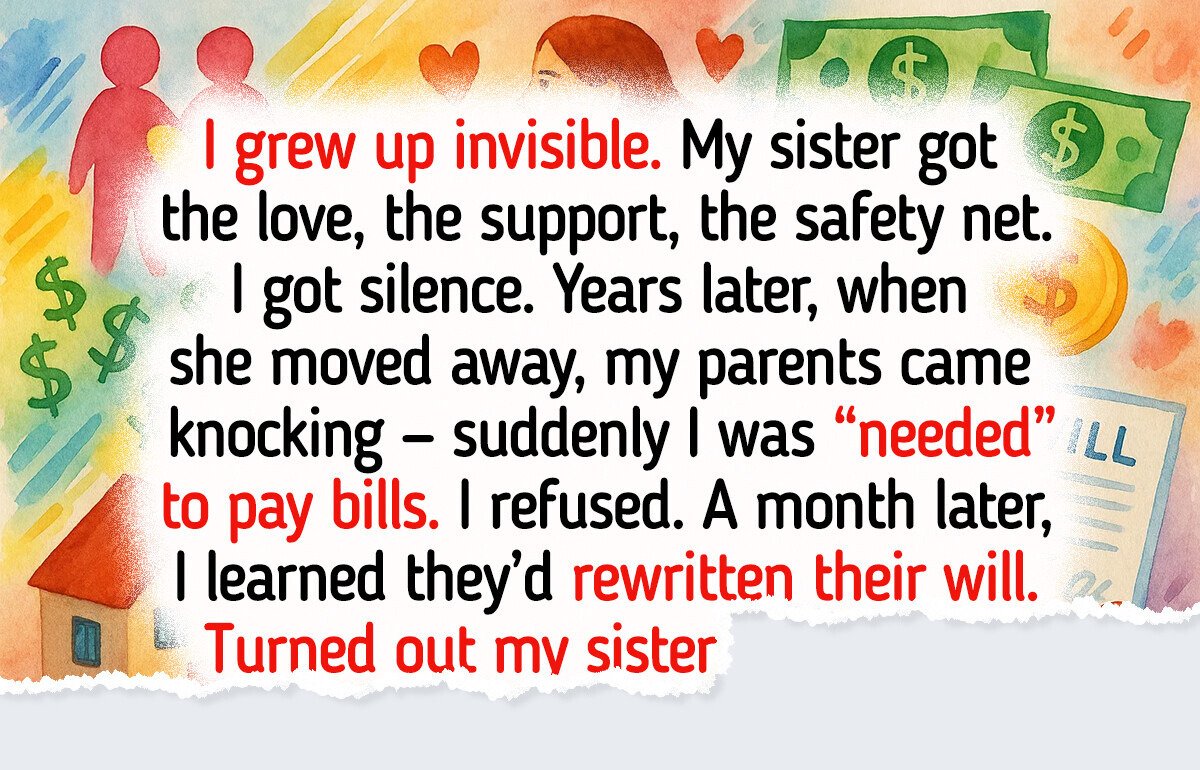
Gen Z Is Surprisingly Likely to Fall for Text Scams
You’ve probably heard about Scammers Who tricked seniors into giving them money or personal information. The frequency of such stories might suggest that only older people fall for these scams, but recent research suggests otherwise.
Why Generation Z is vulnerable to text scams

the 2025 Consumer Cyber Readiness Report From Consumer Reports shows that Generation Z is declining to “record levels” of text scams. While text message recipients ages 30 and older saw a 7 to 8 percent increase in fraudulent messages over last year, the younger age group — those ages 18 to 29 — saw a 27 percent spike.
There are three main reasons why young people are more targeted by these scams, and why they are more likely to fall for them. “First, texting is their primary communication channel, with hundreds of daily messages creating the perfect opportunity for scammers,” Jason Dorsey, president and principal investigator at the Center for Generational Kinetics, told Consumer Reports.
They also tend to belong to large group messaging threads with unknown contacts – this makes it easy for Gen Z to mistake an imposter’s number for a friend’s number. The final factor is the ease of exchanging money through apps like Venmo. “For many, especially with small-dollar scams, the experience has become so common that it almost seems normal!” Dorsey said.
You may also like:
Add the mental thread as Favorite news source!
Fraudulent texts are common across the board
While Generation Z has seen the largest increase, text scams are on the rise for all age groups. Thirty percent of people who reported cyberattacks or digital scams said the fraudulent act was initiated via a text or messaging app – this represents a 10 percent increase from the previous year. In addition, Americans They are the most common victims of fraud attempts. They usually receive Double that number Predatory calls and messages compared to residents of other countries, according to Talker research.
No matter your age, you can protect yourself from scams by learning how to recognize the signs. Visit the Federal Trade Commission’s Consumer Tips Website To learn more.













Post Comment